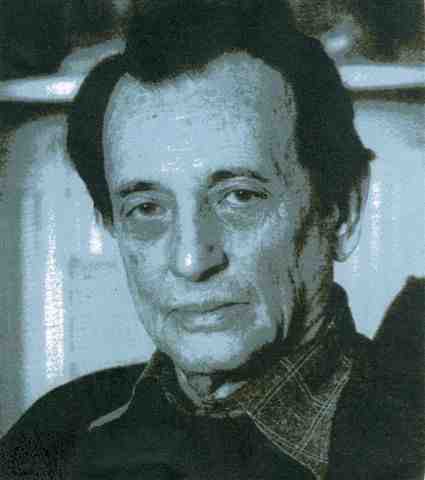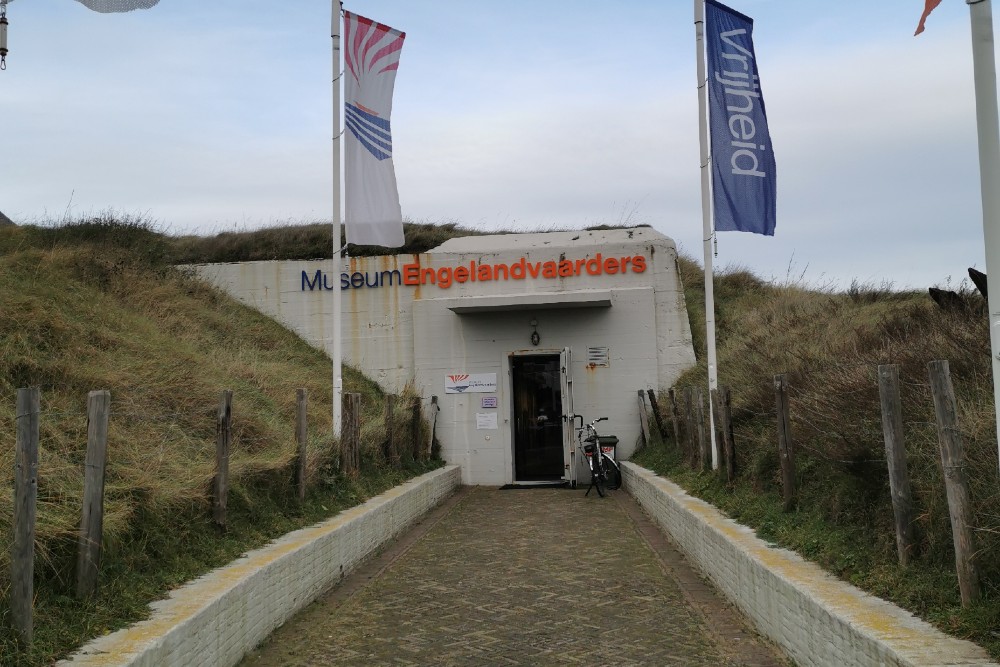Schrader, Anton Bernard
- Date of birth:
- November 9th, 1917 (Soerabaja, Dutch East Indies)
- Date of death:
- November 8th, 2000 (The Hague/Zuid-Holland, The Neterlands)
- Nationality:
- Dutch
Biography
Anton Bernhard Schrader was born November 9th, 1917 and raised in Surabay, Dutch East-Indies. He graduated from the Technical University in Bandung as civil engineer in 1938 and came to the Netherlands at the end of January 1939 to study Indology at the famous "oil university"in Utrecht. He quit his education at the end of May 1940 and moved to The Hague where he was named assistant chief of the Office of Raw Materials of the Department of Food Supplies. At the end of 1940 he became involved in underground activities by printing and distributing underground pamflets. After he was granted authority to decide on requests for the allocation of gasoline, he decided to establish an organisation to assist people wanting to escape to England across the North Sea.
After seven small vessels had escaped to England with help from Schrader, he escaped himself on board the eighth because the SD (German Security Police) was after him. He left October 8th and arrived in England the next day. In London, he performed clerical duties for some time and ultimately, in October 1944, his greatest wish was fulfilled: In the night of November 9th to 110th he was dropped over Ulrum in Groningen by parachute as a secret agent of the American Intelligence Agency OSS (Office of Strategic Services). In the region, Groningen, Drenthe and north Overijssel he performed spy duties and reported back to his employers by way of his telephonetransmitter, the so-called S-phone.
February 10th , he was arrested. The notorious Kriminaldirektor Schreieder of the SIPO (Sicherheitspolizei) who had also been in charge of the Englandspiel, suggested to Schrader to start working for the Germans. He accepted but succeeded in including a code that he had been captured in his messages to the Americans, dictated by Schreieder. Schrader succeeded in convincing Schreieder that his dropping was connected to an imminent invasion in the German Bight. Subsequently, a few armored divisions that had been stationed on the River Rhine were transferred to northern Germany. This caused the German resistance on the Rhine to be much weaker than before at the time the Allies crossed the Rhine at Remagen.
After the war, Eisenhower credited Schrader by saying that in captivity he had rendered more valuable service than during his active period as an agent. In 1947 he was awarded the Silver Star Medal by President Truman for his courageous and intelligent conduct.
After World War Two, Schrader distanced himself as far as possible fom everything connected to this war. He visited the quintannual meeting of the Foundation of Engelandvaarders once. But he refused to accept the Bronze Cross that was automatically awarded to all Engelandvaarders, just as he refused to accept the Verzetsherdenkingskruis (Cross to commemorate the Resistance). He felt more much more satisfied with the Americans and British, who allowed him to study in Yale and Cambridge.
Do you have more information about this person? Inform us!
- Period:
- Second World War (1939-1945)
- Awarded on:
- March 9th, 1944
"Escaped from occupied Holland in times of war with danger for his own life and came directly to England with the purpose to make himself available for services to the Dutch Government."
Royal Decree No. 9 of March 9th, 1944.
- Period:
- Second World War (1939-1945)
- Unit:
- Intelligence Services, Office of Strategic Services (OSS), U.S. Government
- Awarded on:
- August 16th, 1946
"Anton Berard Schrader, Netherlands cicilian, displayed axtraordinary heroism in connection with military operations against an armed enemy from November 1944 to May 1945. He succesfully proved the ability and usefulness of new instruments of warfare under the most difficult circumstances and further performed acts of the highest importance to the military forces of the United Nations to the starving population of Europe."





